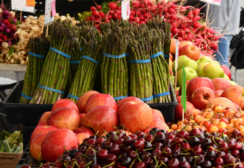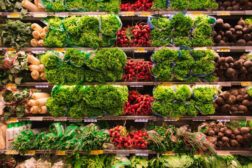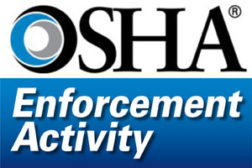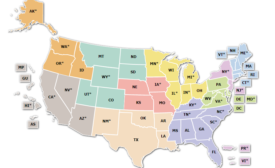Home » food safety
Articles Tagged with ''food safety''
Suit filed against new pork company self-inspection rule
“The USDA is letting the wolf guard the hog-house”
January 14, 2020
Become a Leader in Safety Culture
Build your knowledge with ISHN, covering key safety, health and industrial hygiene news, products, and trends.
JOIN TODAYCopyright ©2024. All Rights Reserved BNP Media.
Design, CMS, Hosting & Web Development :: ePublishing








